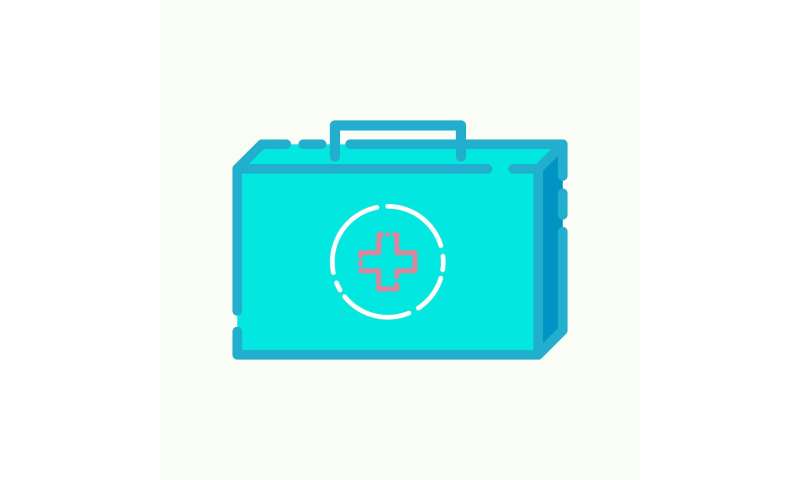
Medical personnel treating coronavirus cases in China have higher rates of anxiety and other mental health symptoms than the general population, according to a new study in the open-access journal PLOS ONE by Ning Sun of Ningbo College of Health Science in Ningbo China, and colleagues.
During the height of China’s COVID-19 outbreak this year, more than 30,000 medical personnel from around China provided direct support to critically ill COVID-19 patients in Hubei province, the epicenter of the pandemic. These healthcare providers were confronted by stressors not typical to their usual jobs. Anecdotal evidence has suggested that the psychological toll of being on the front line of this pandemic may lead to an uptick in mental health disorders among healthcare providers.
In the new study, 560 medical personnel from 12 hospitals in eight provinces and cities across China completed an online questionnaire regarding their mental health status. The survey, carried out in January and February 2020, collected demographic information, information about COVID-19 exposure and work, and used the well-established Symptom-Checklist-90 (SCL-90) to quantify mental health symptoms. The subjects were 75 percent nurses and 25 percent doctors, with 72 percent being female.
The healthcare providers surveyed scored higher on scales of somatization (experiencing physical symptoms of psychiatric conditions), obsessive-compulsive symptoms, anxiety, phobic anxiety and psychoticism compared to a national average (p<0.05). They also scored lower on a scale of interpersonal sensitivity (p<0.01). The researchers identified several factors that predicted mental health status (p<0.05), including whether a clinician had worked in Hubei province, their level of concern that they had been infected, and their age. However, the study is limited in that it did not directly compare doctors working with COVID patients to doctors not working with COVID patients.
Source: Read Full Article
